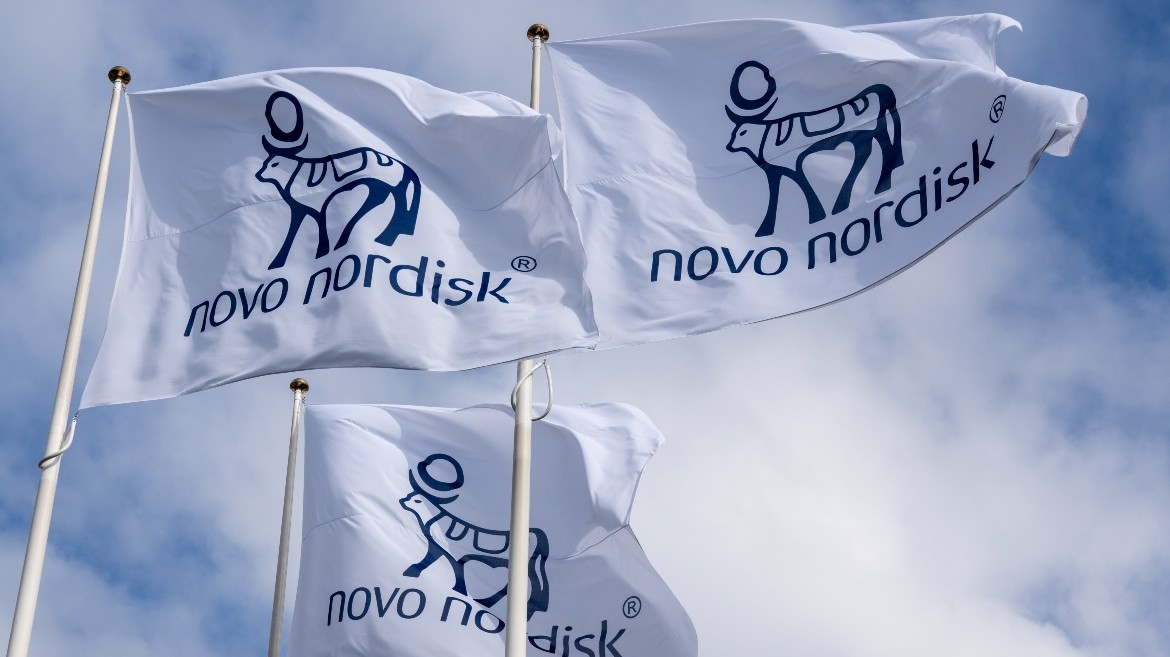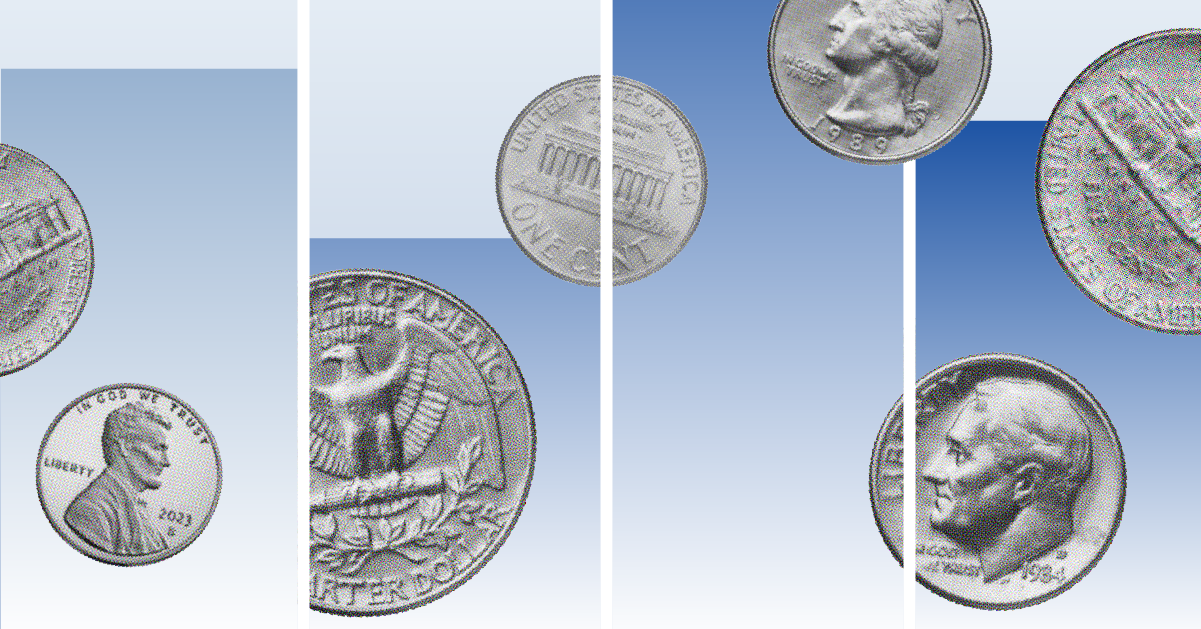Pearson, the publisher of the Financial Times, today managed to keep its head above water on London’s leading stock market after reporting annual figures that were comfortably higher than analyst expectations—a rare thing in the current market and clearly a cause for celebration.
By late afternoon trade the shares may have only been a mere 0.1% higher but considering the overall index had slumped more than 4% this was no mean feat.
Pearson added 50p at 660p at 4.00pm, while the FTSE 100 index shed 155.35 points to 3,674.74—levels not seen since early 2003 and a long way off the psychological 4,000-point mark that optimists had been hoping could be breached again this week. Indeed, even when the enormity of the impact of the credit crunch on the financial sector first took hold in 2008, the FTSE 100 still didn’t fall below 3,780 points.
But Pearson shares managed to shrug off the latest market drop after posting what observers described as a strong set of full-year results.
The publisher reported adjusted EPS of 57.79, up 24% year-on-year, on sales up 8% at constant exchange rates to £4.8 billion. Adjusted operating profit rose by 11% to £762 million in 2008 with margins improving to 15.8% from 2007’s 14.9% figure.
The group’s Education, FT Group and Penguin businesses all reported profit growth over the year—up 11%, 13% and 4%, respectively—and chief executive Marjorie Scardino commented: “Pearson has produced steadily rising sales, profits, earnings, cash and returns…in the face of a sharp economic downturn.”
Responding to the results, Charles Stanley analyst Sam Hart said: “All divisions delivered solid underlying profit growth and the group received a significant boost from sterling’s weakness against the dollar, with around 60% of sales generated in the US.”
Going forward, the group proposed to raise its full-year dividend by 7% to 33.8p and struck a cautiously optimistic tone regarding its outlook. Pearson said it is planning on the basis that the tough market conditions seen towards the end of last year persist in 2009 and guided for adjusted EPS at or above the 2008 level of 57.7p per share based on current exchange rates and market conditions.
Charles Stanley highlighted that the group is expected to benefit from President Obama’s economic stimulus package and proposals for reform of the US education system, although considerable uncertainty remains over the timings of any payments.
Looking at Pearson’s share price, the broker said the valuation represents a small premium to the professional publisher peer group but is justified by the defensive profile and exposure to structural growth markets. “Pearson will not be immune from the global economic downturn, but we expect earnings to be resilient and regard the valuation as attractive at current levels,” Hart concluded. He maintained his Accumulate recommendation on the stock.
























